Two roads diverged in a yellow wood,
And sorry I could not travel both
And be one traveler, long I stood
And looked down one as far as I could
To where it bent in the undergrowth;
Then took the other, as just as fair,
And having perhaps the better claim,
Because it was grassy and wanted wear;
Though as for that the passing there
Had worn them really about the same,
And both that morning equally lay
In leaves no step had trodden black.
Oh, I kept the first for another day!
Yet knowing how way leads on to way,
I doubted if I should ever come back.
I shall be telling this with a sigh
Somewhere ages and ages hence:
Two roads diverged in a wood, and I--
I took the one less traveled by,
And that has made all the difference.
- Robert Frost, The Road Not Taken
They aren't worrying about how they behaved the day before or what they will be doing the day after. That's why they easily get, what we adults consider to be "distracted", which is really unadulterated presence.
This presence can be magical when we adults slow down enough to join them there. It can also be frustrating and crazy-making when we have to get somewhere or do something and their presence inconveniences us.
Those that thrive on pleasing the big people get lots of praise and positive reinforcement. They are taught that they are good kids because they behave and don't complain. This comes at a price when this pleasing mode takes control at the expense of one's true self.
Those that rebel against the code of the big people often get punished and yelled at and taught that they are bad kids because they misbehave and get into trouble. This also comes at a price, because these kids internalize all of these negative attributions.
Imagine if when we reached a certain age, we were presented with a dossier of all of this information that contributed to the arbitrary fabrication of our personalities. That obviously doesn't happen. Instead, we just get sucked further and further into the vortex with every passing year, so that all the wonder and spontaneous joy and natural presence get conditioned out of us until our "big people" trainings are complete.
Then, years later, something happens: maybe it's the death of a loved one, an illness, or a break-up. The programming gets disrupted, and we become depressed and confused. We go to the doctor who prescribes us a pill to return us to "normal". But the disruption in the programming is too compelling to ignore and we start to investigate why we feel how we feel, why we think the way we think, why we do what we do and why we relate with the people we relate to.
Years of automatic and unconscious behavior set the stage for this moment of depression and awakening. We arrive at a fork in the road. The suffering is also compelling and there is an urge to return to the status quo, to continue on the path we were on, finding more and more ways to avoid dealing with our pain and suffering.
I have struggled to bring myself to this point of my own journey. I have struggled with illness, depression, loss, deep existential angst, fear and avoidance. I don't look at my place on the road with smug self-satisfaction. I know how easy it is to get lost.
I created Love After Kids to reach more people that are open to the process of waking up in their relationships with their partners after being bounced around by all of the turbulence implicit in having/raising kids.
That's what the Relationship Toolkit is about that I'm releasing later this month. I want it to be like an injection of proactivity, hope and empowerment for people to embrace the immediacy of addressing their relationships and declaring war on complacency and assumptions.
The core of the course is about how to identify, understand and change the habitual ways of being that are born before we can talk. With enough awareness and intention, I know that we can move mountains.
Thanks for reading. Please share your feedback and questions.
And remember, where there's love, there's hope!
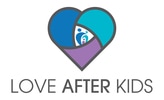
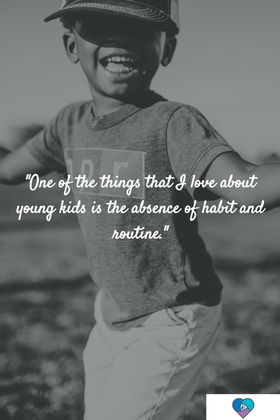
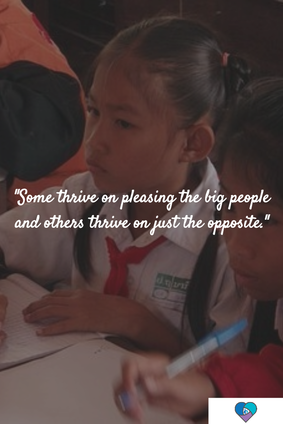
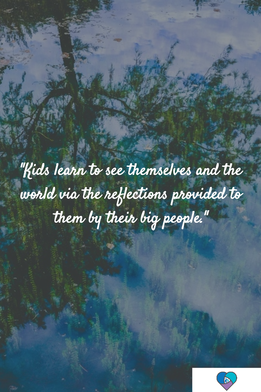
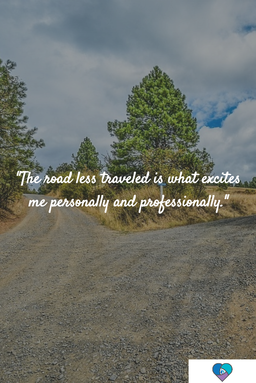
 RSS Feed
RSS Feed